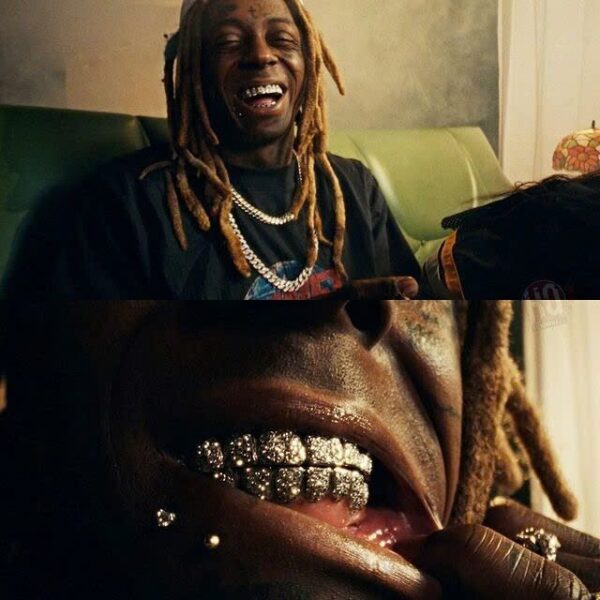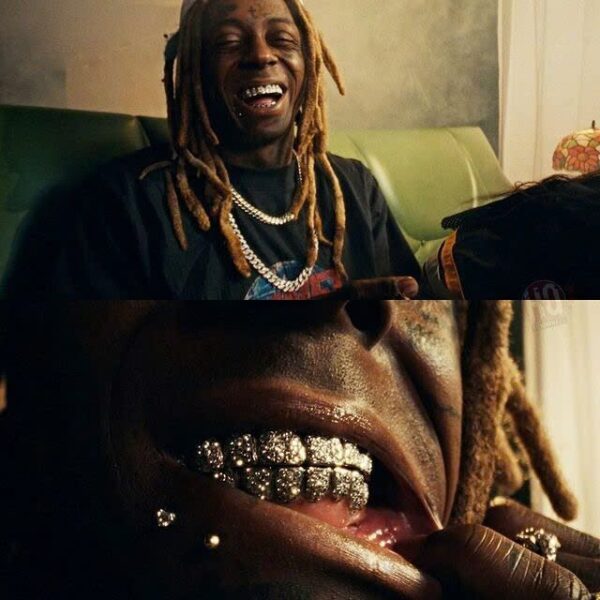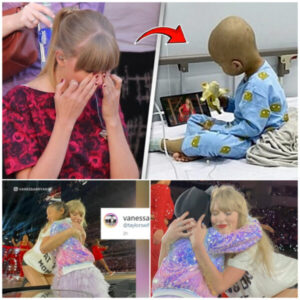Lil Wayne, one of the most influential figures in hip-hop, emerged from the gritty streets of New Orleans’ 17th Ward and rose to global superstardom. His journey, marked by perseverance, raw talent, and groundbreaking artistry, not only redefined his career but also reshaped the hip-hop landscape through his work with the Hot Boys and the creation of the Young Money empire.

Growing up in one of the poorest areas of New Orleans, Wayne’s life took a transformative turn when he caught the attention of Bryan “Birdman” Williams, the co-founder of Cash Money Records. At just 15 years old, Wayne joined the label’s rap group, the Hot Boys, alongside Juvenile, B.G., and Turk. Together, they released their debut album Get It How U Live! in 1997, followed by the more critically acclaimed Guerrilla Warfare in 1999. Lil Wayne’s raw lyrical talent and charisma stood out in the group, setting the stage for his solo debut.
Later in 1999, Wayne’s first solo album, Tha Block Is Hot, hit the scene, selling over a million copies and solidifying his reputation as a rising star. However, the next two albums, Lights Out (2000) and 500 Degreez (2002), didn’t resonate as strongly with the public, and Wayne’s career seemed to stall. But this temporary setback only fueled his drive to experiment and innovate.
In 2003, Wayne took a strategic turn that would redefine his career. He released Da Drought, his first solo mixtape, breaking away from traditional industry channels and embracing the mixtape culture of the early 2000s. Mixtapes became a platform for Wayne to display his lyrical prowess, free from the constraints of major labels. Simultaneously, he founded Young Money Entertainment, a label that would soon play a pivotal role in shaping the careers of hip-hop heavyweights like Drake and Nicki Minaj.
In 2004, Wayne released Tha Carter, which reached number five on the Billboard 200 chart and gave rise to the hit single “Go D.J.” This album marked a turning point for Wayne as he found his distinctive voice, crafting lyrics that were both introspective and universally relatable. His feature on Destiny’s Child’s “Soldier” further expanded his reach, drawing attention to his gravelly, unmistakable flow.
His next album, Tha Carter II (2005), cemented his status as a major player in the industry, selling over a million copies and receiving critical acclaim. Wayne’s rapid-fire, metaphor-laden verses gained him a reputation as one of the most lyrically adept rappers of his time. But it was Tha Carter III in 2008 that catapulted him to unparalleled heights. The album sold over a million copies in its first week, thanks to chart-topping singles like “A Milli” and “Lollipop.” By the end of the year, it was the best-selling album in the U.S., with over 2.8 million copies sold.
Wayne’s reign in 2008 was punctuated by four Grammy Awards, including Best Rap Album and Best Rap Song. His ability to collaborate with some of the biggest names in the industry—like Jay-Z, T.I., and Kanye West on the track “Swagga Like Us”—showcased his versatility and cemented his place in hip-hop royalty.

However, fame came with its own set of challenges. In 2007, Wayne was arrested after police discovered a loaded weapon on his tour bus, leading to a guilty plea for attempted criminal possession of a weapon. In 2010, Wayne served eight months of a one-year sentence, but even incarceration couldn’t slow his momentum. During this time, he released Rebirth, a rock-influenced album that received mixed reviews, followed by I Am Not a Human Being (2010), which was more in line with his rap roots and better received.
Despite personal and professional hurdles, Lil Wayne continued to push boundaries. His 2010 single “6 Foot 7 Foot” dominated the airwaves, and in 2011, he returned to the top of the charts with Tha Carter IV, featuring guest appearances from music giants like John Legend and Andre 3000. The album reinforced his commercial dominance, though critics began to wonder if Wayne’s best work was behind him.
By 2013, with the release of I Am Not a Human Being II, the world had witnessed Lil Wayne evolve from a talented teenager in the 17th Ward to the architect of a rap empire. His impact on hip-hop is undeniable—not only for his own discography but also for his role in launching the careers of some of the most influential artists of the past decade through Young Money Entertainment.
Lil Wayne’s journey is a testament to his resilience, creativity, and visionary leadership. From his humble beginnings to his role as a global music icon, Wayne revolutionized hip-hop, forever changing the sound and culture of the genre. Even as critics debate whether he has peaked, his legacy as one of the greatest rappers of all time remains firmly intact.





